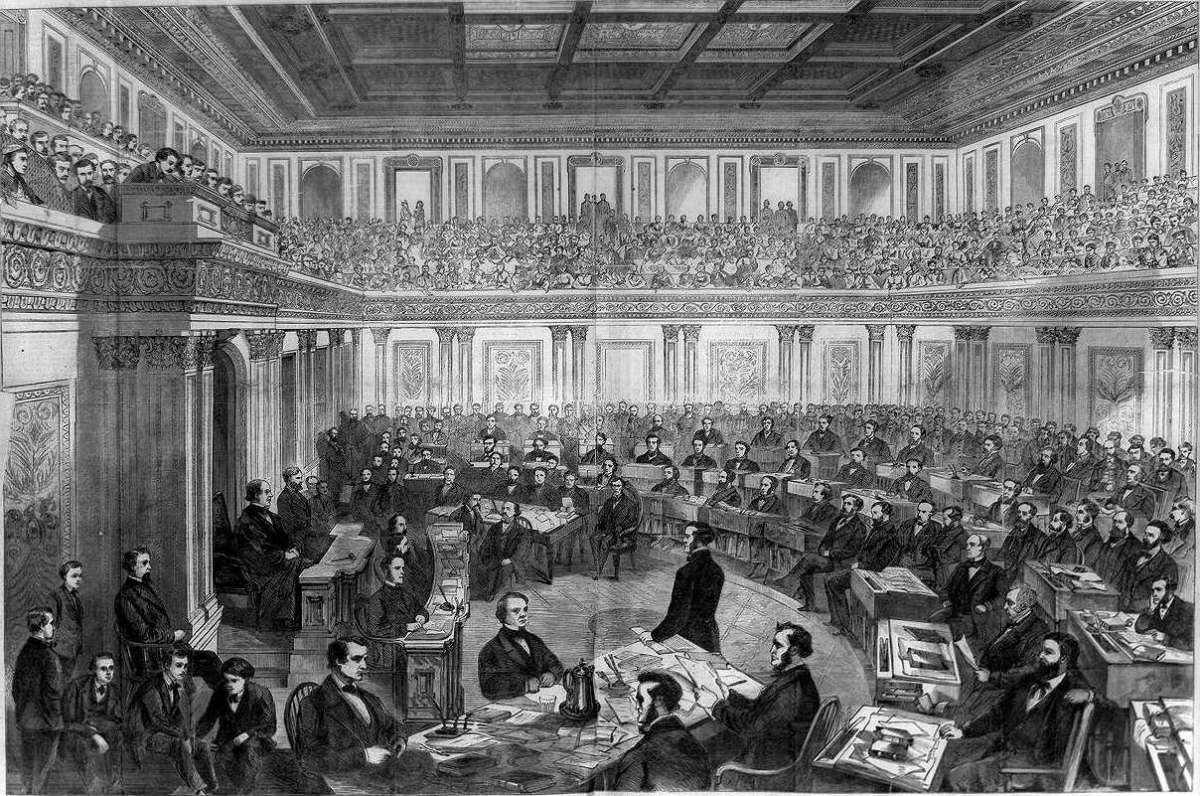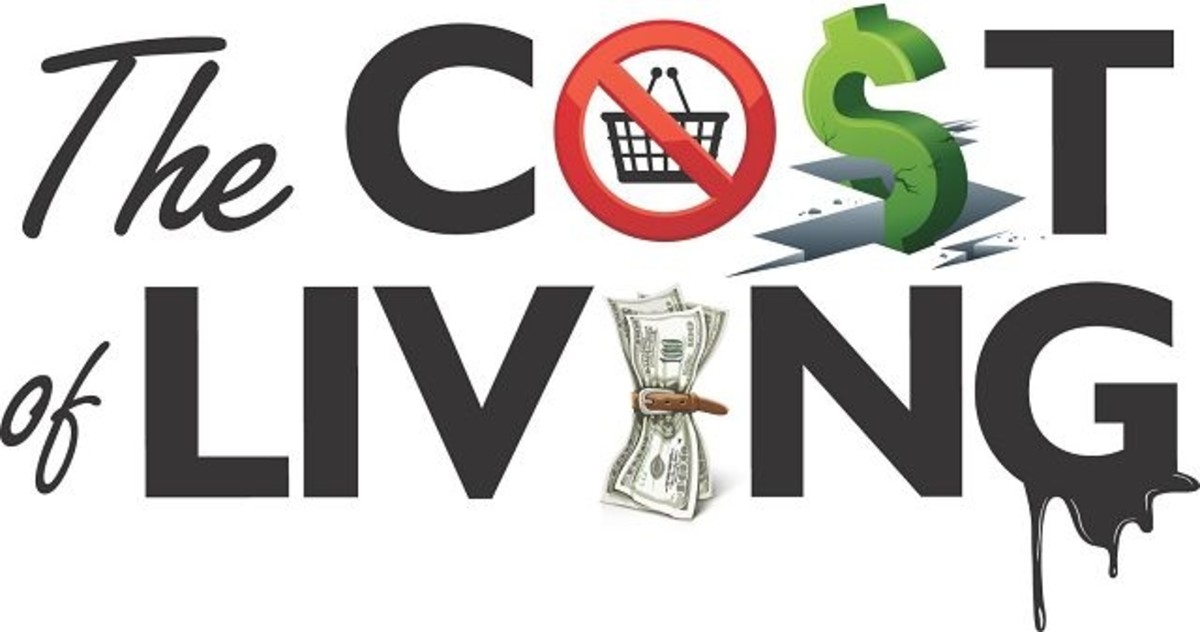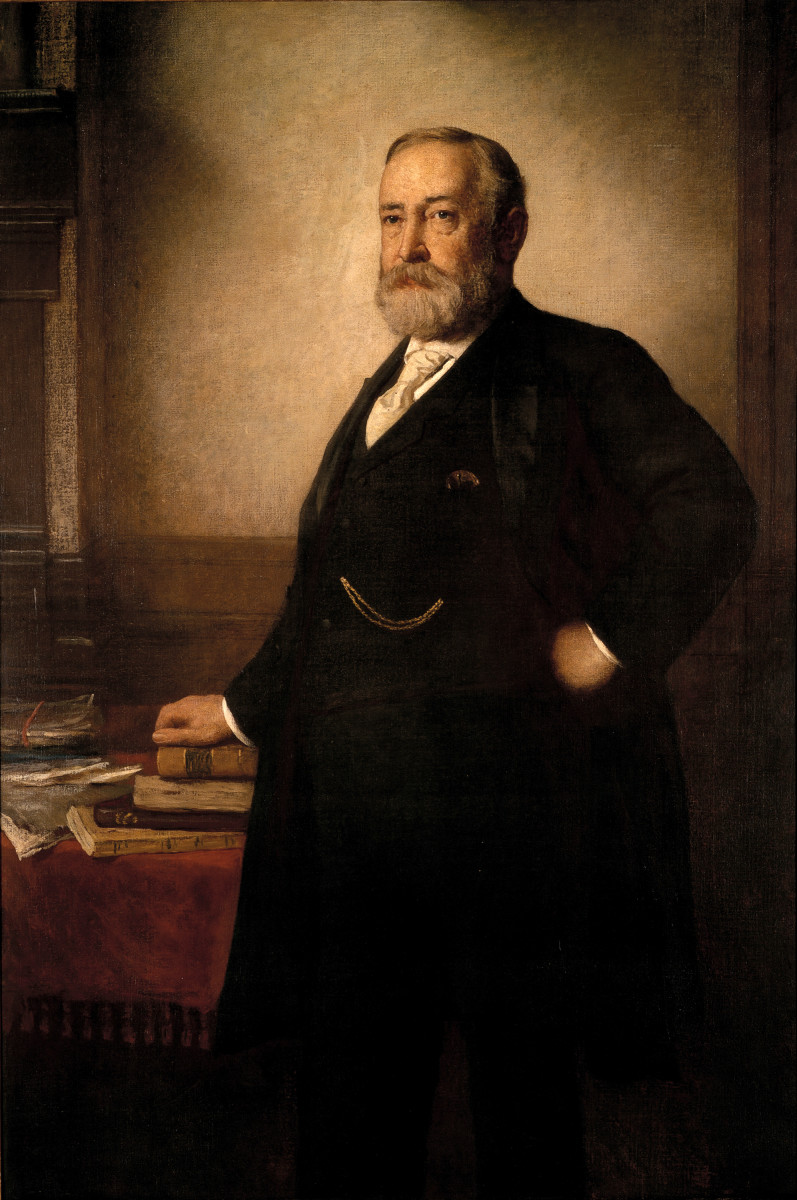Will President Obama's State of the Union Address Make a Difference?
Will Obama succeed in increasing economic growth, empowering the middle class, and building steps of opportunity into the middle class? If so, how?
On Tuesday, January 23, President Obama, facing a growing economy that needs a boost and with the prospect of getting little accomplished in the gridlock-prone Congress, gave his fifth State of the Union address. His one-hour plus speech focused on two things. Almost two-thirds of it was about economic inequality, and how he plans to reverse the trend; slightly more than a third was about national security and how he plans to go forward.
The relevant question is: Will the speech make a difference?
The Address in a Nutshell
The president’s message was to offer to Congress and to the American people a proposal “to speed up growth, to strengthen the middle class, to build a ladders of opportunity into the middle class,” and to reform national security policies. In a nutshell, he talked about increasing access to good manufacturing jobs, including high-tech jobs; increasing support for entrepreneurs and small business owners, who create more new jobs in America than large businesses; and expanding energy production in America, such as natural gas and solar in order to bring jobs back from overseas. He, also, talked about reforming training programs to ascertain that employers will have access to potential employees who match the skills needed, and reforming the broken immigration system, which independent economists say will shrink the deficit by almost $1 trillion in the next ten years, and which will make the country more attractive for businesses that will create jobs. Moreover, he talked about increasing the minimum wage to $10.10 per hour, creating a new retirement program for low-income workers, and decreasing dependence on the military alone for national security.
The President’s Call on Congress
Throughout the speech, the president called to Congress to help create opportunities for good jobs. “The best measure of opportunity,” he said, “is access to a good job.” Specifically, he called on Congress to partner with him and pass a tax-reform bill, to pass a transportation and waterways bill, and to work together on tools like bipartisan trade promotion authority to protect workers and the environment. To open new markets to new goods stamped “Made in the USA,” to make the permitting process more efficient for key projects in order “to get more construction workers on the job as fast as possible,” to fix the immigration system, to raise the minimum wage, and not to send him a bill to impose more sanctions on Iran while his administration is engaging in negotiations.
The President’s Intention
After battling with Congress for five years, the president told Congress and the American people that he was going to take a page out the First Lady’s playbook and seek to move the country forward without Congress—working with businesses, colleges, and universities to bring about change. He told Congress and the nation, first of all, that he had already organized a College and University Summit, in which “150 universities, businesses, nonprofits have made concrete commitments to reduce inequality in access to higher education and to help every hardworking kid to go to college…” Secondly, he said that he will “act on his own to slash bureaucracy and streamline the permitting process for key projects so we can get more construction workers on the job as fast as possible.”Thirdly, he said he had launched “two hubs for high-tech manufacturing in Raleigh, North Carolina, and Youngstown, Ohio, where his administration has “connected businesses to research universities that can help America lead the World in advanced techniques.” Fourthly, he said that his administration “will keep working with industry to sustain protection and job growth while strengthening protection of the environment--air, water, and community. Fifthly, he said he is “working to redesign high schools and pairing them with colleges and employers that will offer real-world education and hands-on-training that can directly lead to a job and career.” Sixthly, he said: “In the coming weeks, I will issues an executive order requiring federal contractors to pay their federally-funded employees a fair wage of at least $10.10 an hour.” Seventhly, he said: “Tomorrow I will direct the treasurer to create a new way for working Americans to start their retirement savings: MyRA.”
The GOP Responses
Representative Cathy McMorris Rodgers, chairwoman of the House Republican Conference and the majority’s fourth-ranking member, gave the GOP official response, which was relatively modest. In a respectful tone, she merely said his promises will not solve the problems and offered the Republican alternative. “Tonight the president made more promises that sound good, but won’t solve the problems actually facing Americans,” she said, according to the full text Politico posted. “Republicans have a plan to close the gap,” referring to the gap in equality.
Giving the tea party response, Utah Republican Senator Mike Lee argued that the president’s policies have exacerbated income inequalities, believing with his fellow Republications, that entitlement programs make the poor lazy and dependent. He said: The president’s lofty rhetoric ignored the fact that his administration continues to leave poor and middle-class families further behind, while he and his allies insist that the real problem is inequality itself,” according to the full text U.S News published
The more crazy responses came as a result of President Obama’s promise to use his executive power in cases in which Congress fails act. Republican began to use words like, “lawlessness,” “lawsuit,” “impeachment,” and “mad with power.”
Michele Bachmann, according to the National Review, said: “If he wants to move forward with this activity, he better be prepared for a lawsuit.”
“We’re just not going to sit here and let the president trample all over us,” House Speaker John Boehner told reporters. “This idea that he is going to go it alone, I have to remind him we do have a constitution. And the Congress writes the laws, and the president’s job is to execute the laws faithfully. And if he tries to ignore this, he’s going to run into a brick wall.”
“We have an increasingly lawless presidency where he is actually doing the job of Congress, writing new policies and new laws without going through Congress,” Representative Paul Ryan told George Stephanopoulos on ABC’s This Week.
Justin Baragona on politicusa.com rightly described Republicans when he wrote: “The new talking points among Republicans now seem to be that the president is mad with power.”
Activities of the President and Congress
Regardless of the critical responses about the president’s State of the Union address, both the president and Congress seem to be moving forward. A few activities are listed below:
The president seems to be poised to allow action on the continuous Keystone XL pipeline. On Friday, the State issued a study that found “there would be no negligible effects on climate change.” However, it is not yet a done deal. The Sierra Club, the nation’s largest and most influential grassroots environmental organization, is strongly pushing back. But the good news is the president seems to be ready to move the project forward.
Answering Obama’s call to action, tech giants—Apple, Verizon, and Sprint—pledged $750 million to the school broadband program, according to Dallas Morning News. Today, the president highlighted the commitments during a visit to Buck Lodge Middle School in the Washington suburb of Adelphi (shown on MSNBC). “The commitments will be coupled with $2 billion in funding from the Federal Communication Commission reserves,” The Dallas Morning News reported.
In response to the president’s call to action to promote high-tech growth entrepreneurship across the country, the Startup America Partnership, announced “a new wave of commitments secured from more than 15 companies and organizations to deliver strategies and substantive resources that accelerate entrepreneurs starting and scaling companies,” according to via s.co./Press-release.
As reported on Friday, July 31, at the White House, “the president met with business leaders who pledged to make a concerted effort to hire the long-term unemployed, part of his ongoing campaign to mobilize action outside of Washington to achieve his policy goals.” More than 300 companies pledged to help. The 300 companies included 20 of the nation’s 50 largest—Apple, Wal-Mart, and General Motors.
Not only is the president engaged in activities to grow the economy, so is Congress. Yesterday, Congress passed a $1 trillion bipartisan farm bill and sent it to the president, who has promise to sign it. Also, Congress seems to be poised to pass a bipartisan immigration bill, and legislators, on both sides, are talking about other issues necessary to move the country forward.
Although Senators Lindsey Graham, John McCain, and other Republican leaders angrily criticized the president for his statements that the nation’s “security cannot depend on the military alone” and (concerning negotiations with Iran) “if the Congress send me a new sanctions bill now that threatens to derail these talks, I will veto it,” the president seems to be making progress. At a hearing of the Senate Foreign Relations committee, the administration’s top negotiator with Iran said “the interim agreement with Tehran has set off a surge of contracts between Western corporation and Iranian officials,” the Daily Press reported today. Besides the many countries interested in doing business with Iran, the polls, too, are on the president’s side by a three-to-one margin. Forty-four percent supports the deal reached between Iran and six world powers while 22 percent opposes it.
Whether the State of the Union address will make a difference is a matter of opinion, only history will tell. But presently, the president, taking a page from Michelle’s playbook, is using his community organizing skills to organized businesses, colleges, and just plain people to join him in his effort “to speed up growth, strengthen the middle class, and build ladders of opportunity into the middle class”—in the absence of congressional action. And surely the American people are war weary.
So, the president just might be able to pull it off. What do you think?





